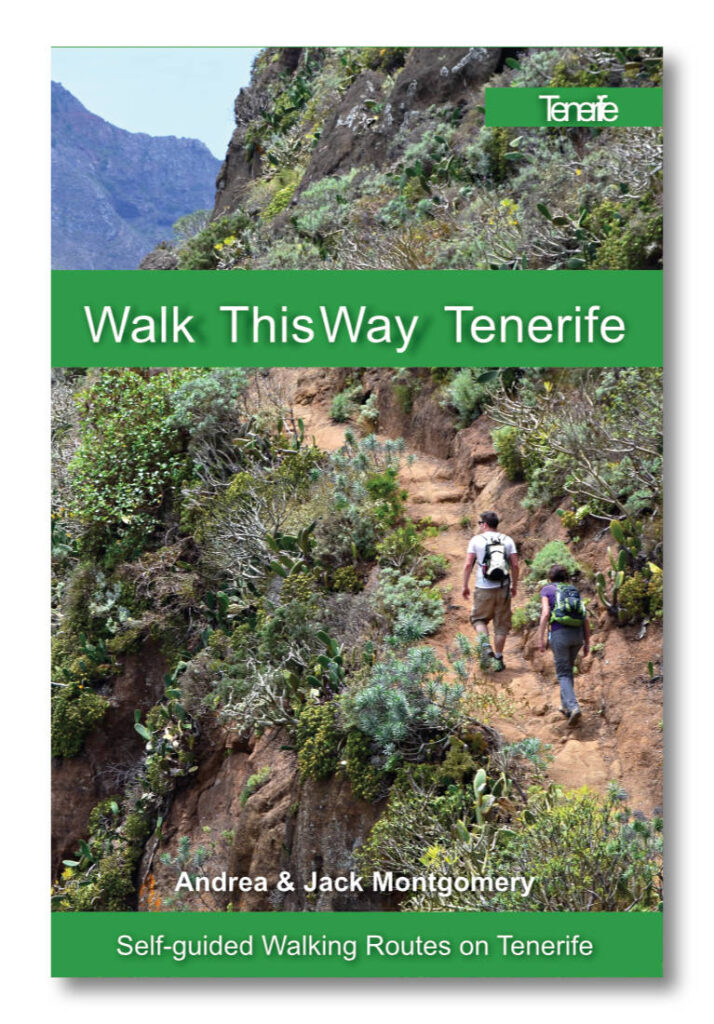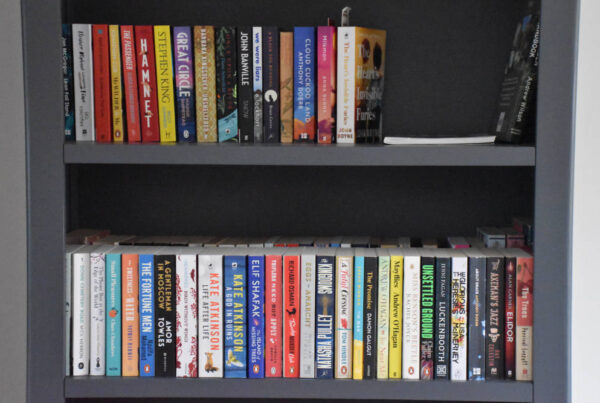A travel writing commission from a UK newspaper dropped into Andy’s inbox last week. After considering it, she sent a ‘thanks, but no thanks’ reply. At a time like this, when travel writing jobs are at a premium and work is thin on the ground, it might seem like pointing the gun at our feet to turn down work, but we have our reasons. Although saying no to work when you’re a freelance writer is never an easy thing to do, sometimes it has to be done simply because it is the right thing to do.
We both have strong principles, ones which are hard to budge no matter what the circumstances. As a seventeen-year-old, I was laid off from one of my first jobs after encouraging staff to join a union following a case of managerial injustice. Years later, just when my career in the Civil Service was taking off, I was banished to a Job Centre in what was considered one of the most deprived areas in Greater Manchester as a result of standing on a picket line with staff, alongside three other managers, rather than sticking together with the members of the management team who hadn’t shown solidarity with staff. It was the right thing to do, and later events proved why. But that didn’t erase the damage. If they’re part of who you are, you don’t ditch these attributes when there’s a switch of careers. We couldn’t change, and didn’t want to, even in times when money was short and paid writing work was like finding an oasis in a desert. It was a risk, especially when to say no to any jobs could risk burning the bridges leading to future commissions.
A commission from last year was the most difficult of all to turn down. It was from the publisher of one of our favourite travel guidebooks series and concerned Portugal. It was tempting, but we didn’t feel we knew enough about the country (yet) to be able to do it justice. That’s not to say whoever did take up the reins would necessarily know more, but that wasn’t the point. Plus, writing travel guidebooks can be all-consuming. We’d written one the previous year; the deadlines for what was involved had been far too short, and caused a lot of stress. We’ve been used to meeting tight deadlines all our working lives but, thanks to circumstances outside ours and the publisher’s control, these ones were ridiculous. We’d known this in advance, but agreed because we already had an in-depth knowledge of the destination and didn’t want it ending up being a pasted together job, hastily written by someone who didn’t know the destination very well.
On Tenerife we passed up numerous writing jobs. One example involved turning down writing for a luxury hotel purely because we didn’t like the place. Not so much the place, but the superior attitude of the people who ran it; which was not something we encountered in other 5-star hotels on the island. It’s not the Canarian way. In fact, after a couple of our own experiences combined with those of friends, we disliked the feel of the hotel so much we’ve never recommended it in anything we’ve written about Tenerife.
Sometimes problems arise as a result of a clash of personalities, something which can work itself out, or not. Working on an ambitious online project with a number of other UK travel writers, Andy’s blood would often be at boiling point after receiving emails from the project’s editor who had years of experience working as an editor on national newspapers in Britain. ANGRY EMAILS WOULD REGULARLY ARRIVE WITH SECTIONS WRITTEN LIKE THIS. In the end Andy penned a reply which pointed out that, in the online world of communications, the editor was shouting all the time. His emails were basically rude, demotivating and infuriating. Andy and I have had a lot of people management experience and training, and subsequently can spot a mile off when someone hasn’t. It was a reply which risked putting an end to what was a lucrative job but, to the editor’s credit, he took it on the chin and apologised, saying he was still learning how things were done in new media and that he was used to compiling emails in the manner in which his editors had communicated with him when we was a freelancer.
It doesn’t always end like this. I gave up a ‘bread and butter’ monthly income from writing for a travel website after an inexperienced new editor made it an unpleasant bang-my-head-against-the-wall experience rather than the enjoyable writing gig it had been. Lack of management training is at the root of many problems in many industries. Coming from a background where management training is seen as essential to the success of any business, it has shocked and surprised how little evidence there is of it in the travel-writing profession
There have been countless times over the years when it’s been a case of ‘just say no’, for one reason or another, and not one of them has been an easy thing to do. But not once have we ever regretted saying no, it’s meant we’ve been free to say yes when the right job comes along. Subsequently we’ve ended up working mostly on projects with people who share the same ethics and who we like on a personal level.
Those two things are priceless.












